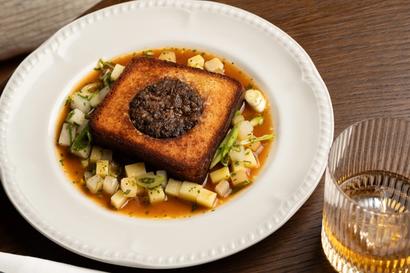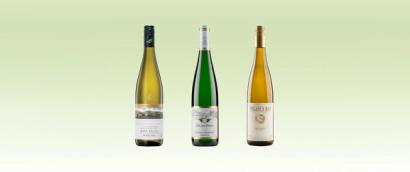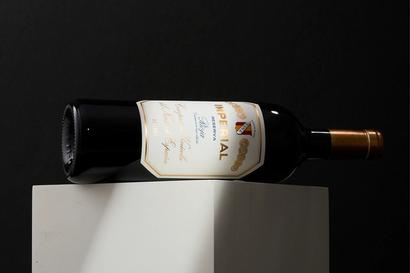
From Noble Rot to a wild plot: a fireside chat with Julius Roberts
Over climate-positive cocktails and open-fire smoke, at the Sapling Forest Feast, we caught up with chef Julius Roberts about farming, fame, and sustainable spirits
- Words: Archie Rutland
- Photography: Joe Short
- Videographer: Ben Harrill
If, like me, you discovered the seemingly quiet and idyllic life of first-generation farmer Julius Roberts through the lens of his Instagram channel during lockdown, then maybe, like me, you’ve fantasised about leaving the city and “living off the fat of the land.” For those who remember Of Mice and Men from GCSE English (or otherwise) you’ll know that unlike George and Lenny, who could only dream, Julius managed to quit the rat race at the mere age of 22, and swap it for the good life down in leafy Dorset—or so it would seem. Now commanding an Instagram following of 1.3 million people, in the process of buying his own farm and writing a second book, this chef come shepherd isn’t just surviving—he’s thriving.
One summers evening in a dense woodland clearing, just a stone’s throw from London, surrounded by teepees and toadstools like a scene out of the Hobbit, I manage to collar Julius for a conversation about his journey so far. Surprisingly spritely, for someone who’s just catered for 50 guests in a forest, we perch on wooden benches beside a crackling fire.
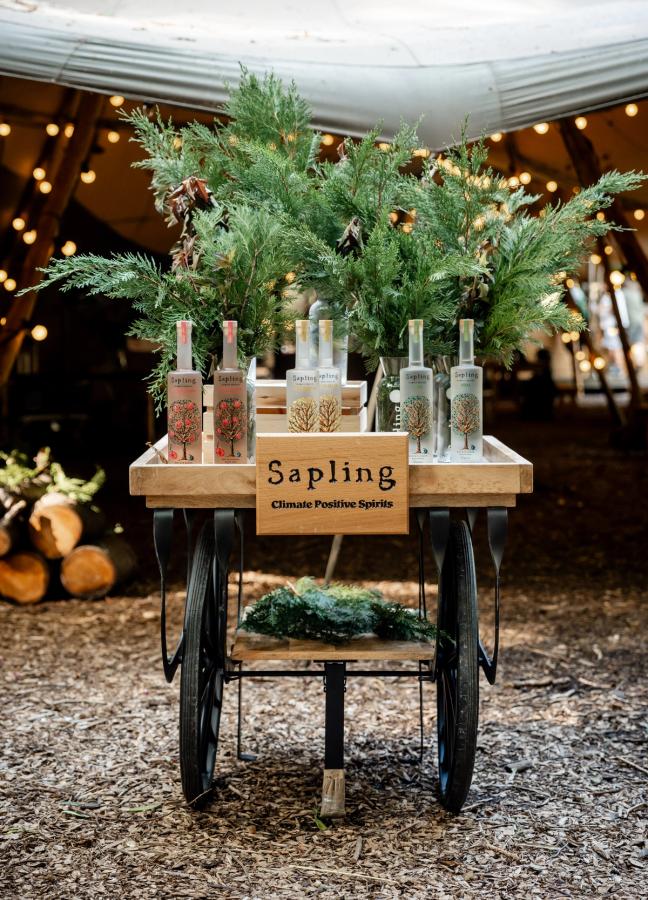
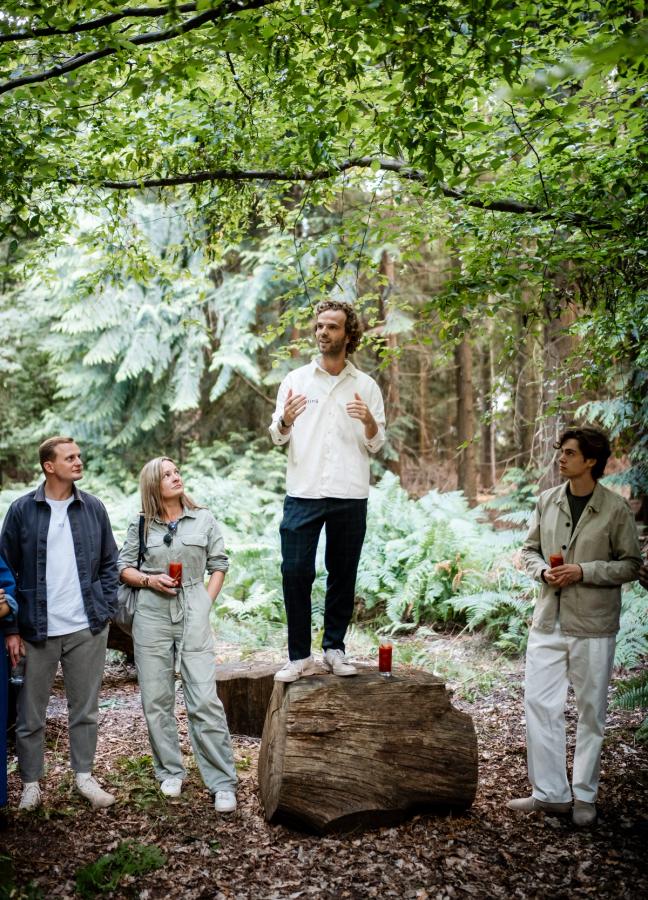
Sapling co-founder, Ivo Devereux, addresses the crowd
Life as a chef
Reflecting on his former life as a London chef, working in trendy restaurants like Noble Rot, there’s a clear nostalgia for the camaraderie—the military style operation unfolding in the heat and theatre of the kitchen. “It’s epic, and it’s kind of like being in the army, everyone works together and if one goes down, we all go down.”
An incredible experience, but for Julius it wasn’t a sustainable way of life. “There’s a fire and energy to the kitchen, but it’s brutal work, pulling 18 hour shifts five times a week.” One thing he took away from it all, though, was a love and interest in the quality of the ingredients and their provenance.
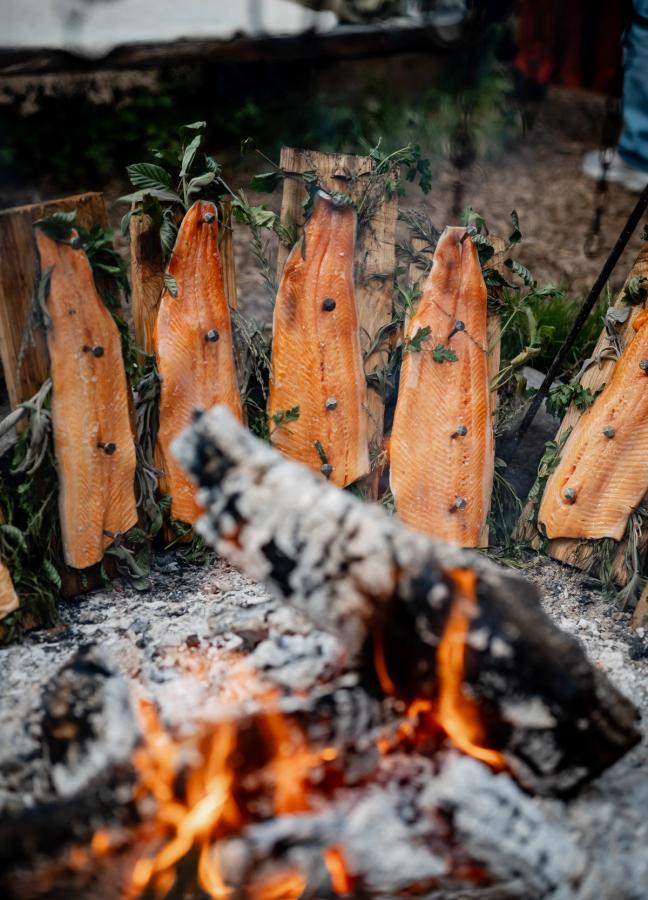
Trout baked on cedar wood
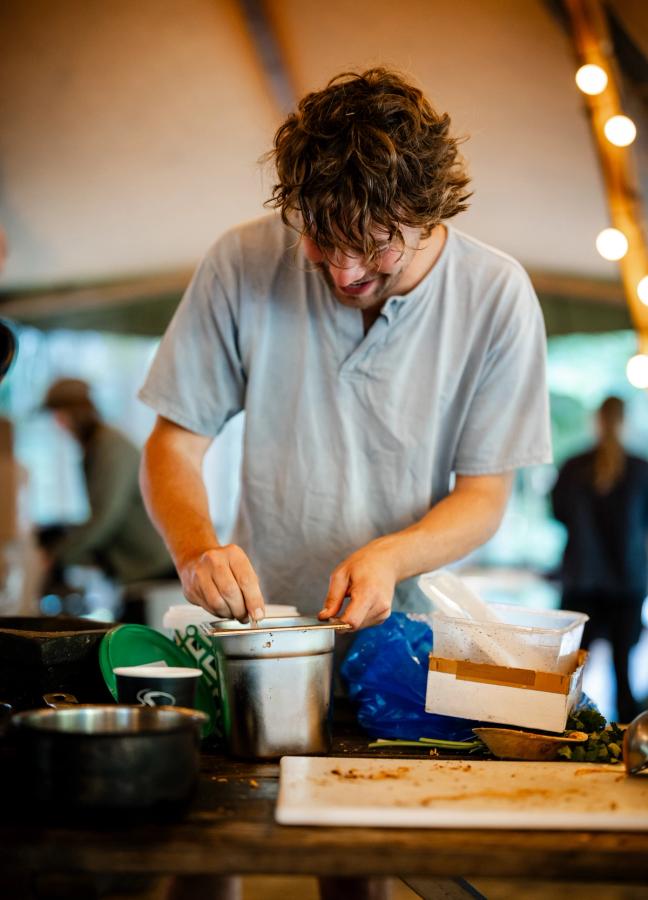
“This obsessive searching for the better ingredient—I found that so interesting. Producers would come in with beautiful crates of tomatoes and amazing whole sheep on their shoulders and tell us a story about how they reared this sheep. And it began to infuse in me, a love for seasonality and where food comes from.”
There’s a big disconnect between us human beings and what we eat. In the beginning we hunted and gathered locally from the resources around us. Now the supermarket shelves are conveniently stacked with burgers and sausages that bear no resemblance to where it all comes from. As a country we produce more sheep meat than we need, yet a quarter of what’s consumed in the UK is reared on the other side of the world. Most people buy organic food because they think its better for them, not because it is better for the environment. And so on, you get the picture.
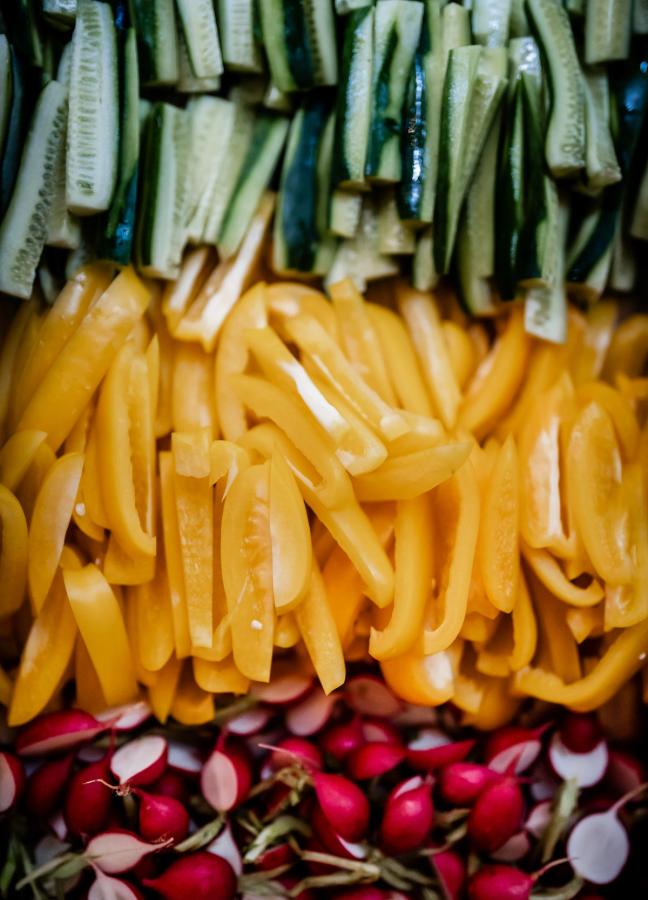
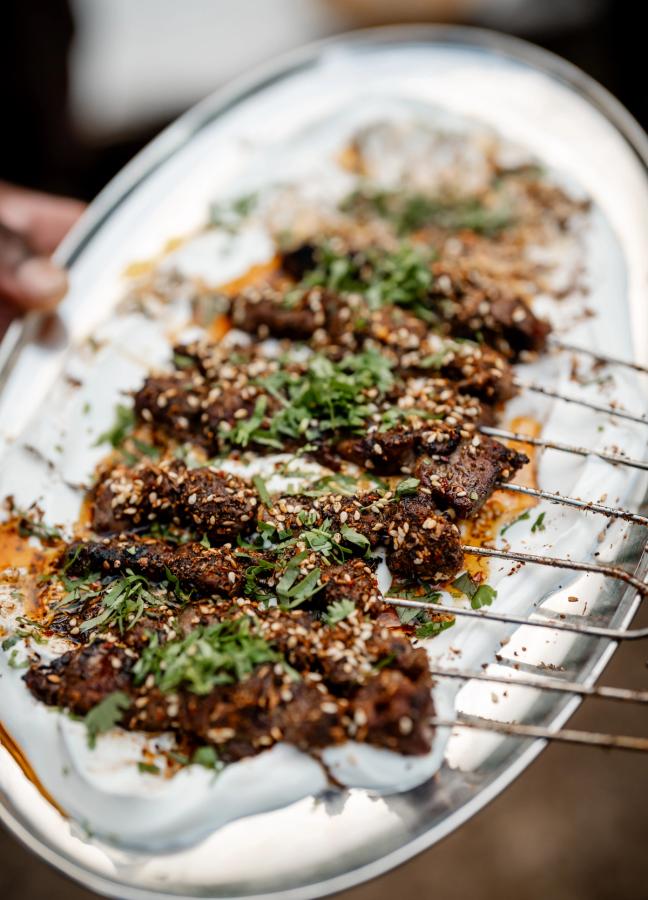
Starting over in Suffolk
When he decided that being a restaurant chef wasn’t going to be the end game, Julius quit London life with, as he describes it, a “naïve and vague” intention of moving to the countryside and becoming a producer himself. A bit burnt out and miserable from cooking, his new journey began in the lowlands of Suffolk, with four fluffy Mangalitsa pigs and a shabby cottage. Initially just an experiment to see if this back-to-basics life and reconnecting with nature, was one he could get used to, he began to capture moments on his phone and share it with slightly bemused family and friends via Instagram, before the days of influencers (in the wild).
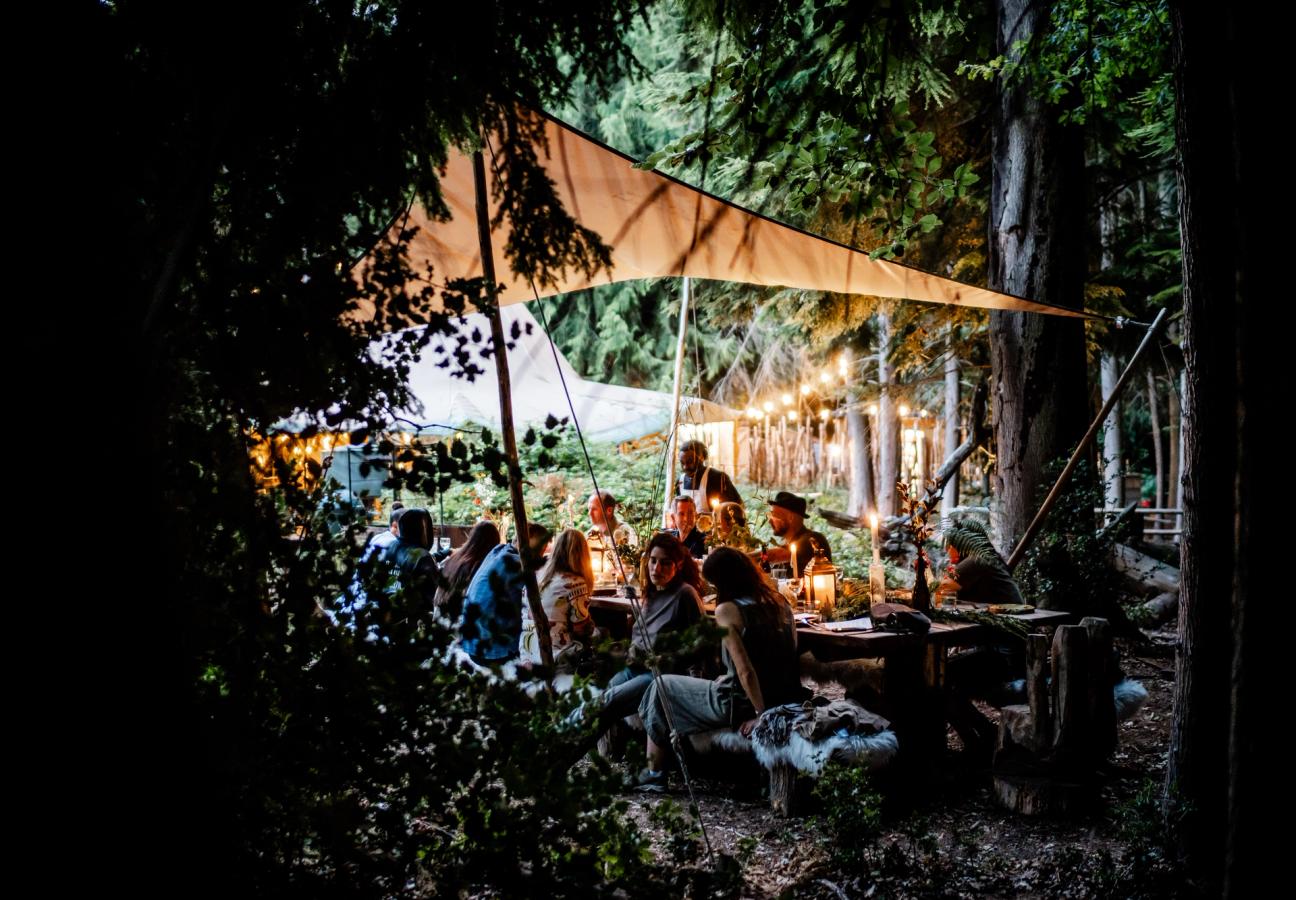
The woodland feast at Nomadic
But rather than cherry picking the best moments and showcasing the peace and tranquillity of country life, Julius captured the emotional dilemma of rearing pigs—creatures far more inquisitive and intelligent than we often give them credit for—and forming a bond with something that, ultimately, was destined to be killed. “I was making these very diary-esq videos of day-to-day life of me and the pigs, playing with my dogs, and talking about this concept that you can love an animal, but it can also be for food. I was really sharing that story quite candidly.”
The fame - Instagram and Hollywood
And then the pandemic hit, lots of people were locked down in cities and unable to go out. With so many people living vicariously through their screens, his videos started to gain traction. “There was a massive shift. It was Easter and I was out telling stories, goats being born and learning to farm for the first time—for some reason it just hit a spot.”
His following went from thousands to tens of thousands, to hundreds of thousands, as his way of life, love and respect for his animals and the environment that feeds them, struck a chord with lots of people who were craving nature.
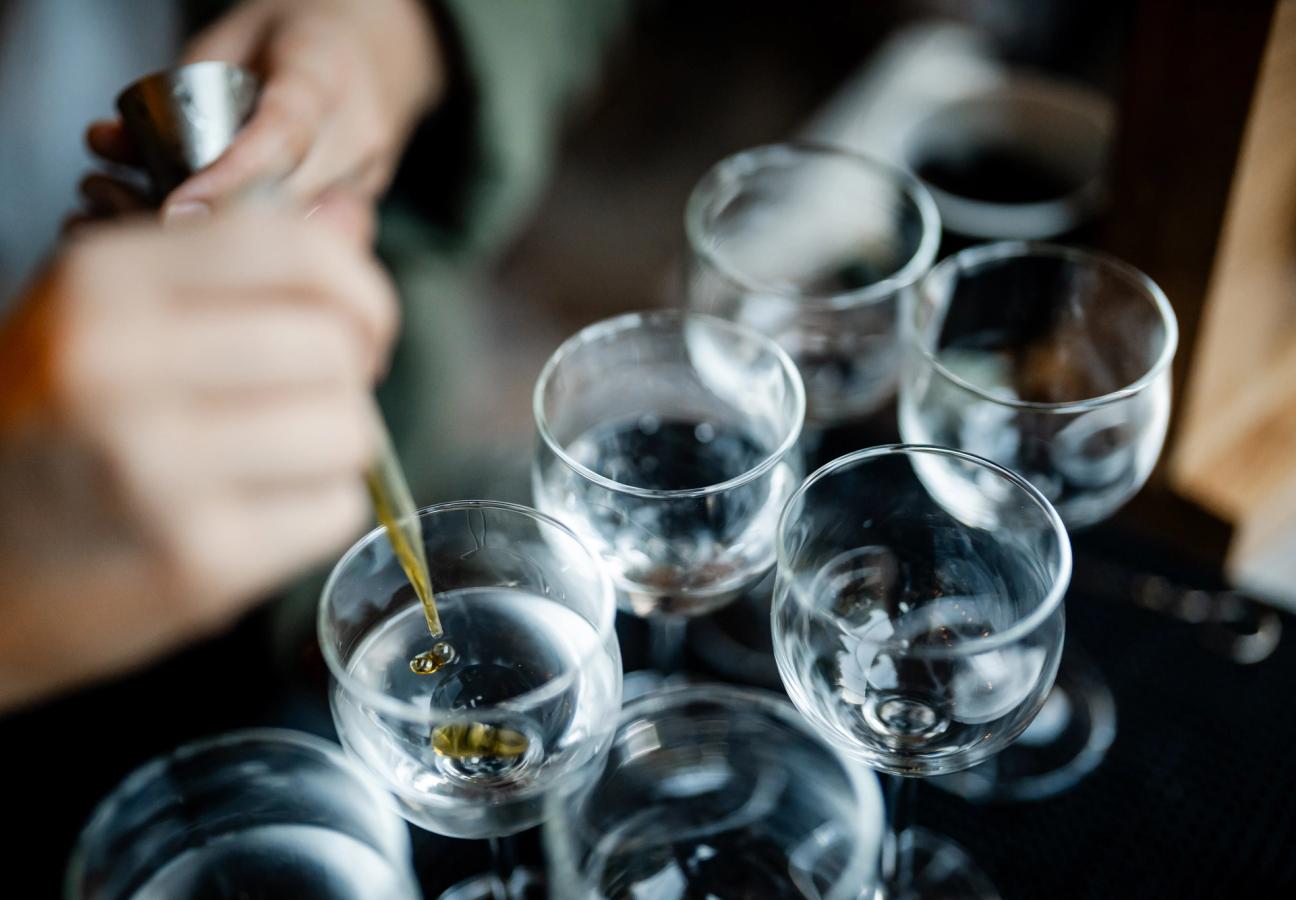
Olive oil Sapling martinis
And it turns out, his following extends as far as Hollywood. Dan Levy (Schitt’s Creek) flew all the way from LA to visit the farm and talk about making a TV show. “He arrives in this pristine, chauffeur-driven car, fully dressed in his glad rags,” Julius laughs, “and my welcoming committee of goats immediately clamber all over it, their little hooves leaving marks everywhere.”
The pair went for a walk around the fields, but things didn’t get much better. “The aroma of his aftershave was so strong it offended some bees which consequently stung him.” You couldn’t have scripted that.
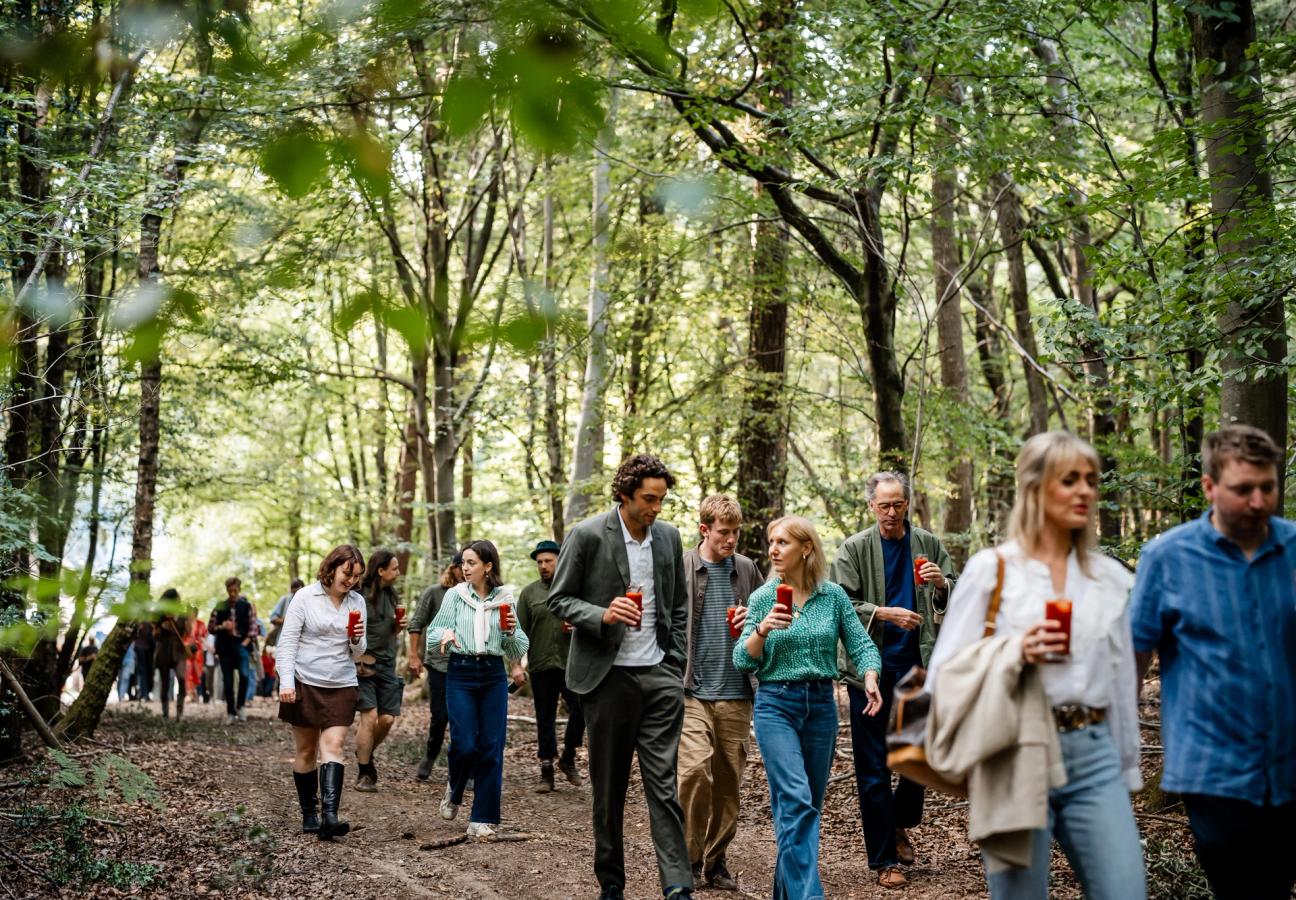
Guests arriving at Nomadic
The realities of farm life
Farming can be a gruelling existence, and keeping livestock is very much about life and death. “When you’re walking out on a blissful summer’s morning, and the sheep are laying peacefully in the field, but after two years of looking after them the time has come to take them to the abattoir—it’s hardcore," he grimaces.
"There’s disease and all sorts of nasty illnesses animals can get from living outside. Going out at 3am to keep a hypothermic lamb warm, or birthing in sideways hail, these are the bits you don’t see. And it’s the hardest days that stay with you, but that’s what I like to share because those are the moments that go straight to people’s hearts.”
Regenerative alcohol and conscious investing
But despite the hardships and harsh realities, Julius remains hopeful—and intentional. His journey isn’t just about retreating to the countryside—it’s about creating a more conscious and connected way of living. It’s no surprise then, that he’s chosen to partner with and invest in Sapling Spirits, the brand behind our woodland feast. Like Julius, Sapling is committed to regenerative practices—planting a tree for every bottle sold (500,001st planted that evening). Using eco-friendly packaging and working with British farmers, they grow regenerative wheat, use surplus fruit, and are proving that sustainability and quality can (and should) go hand in hand.
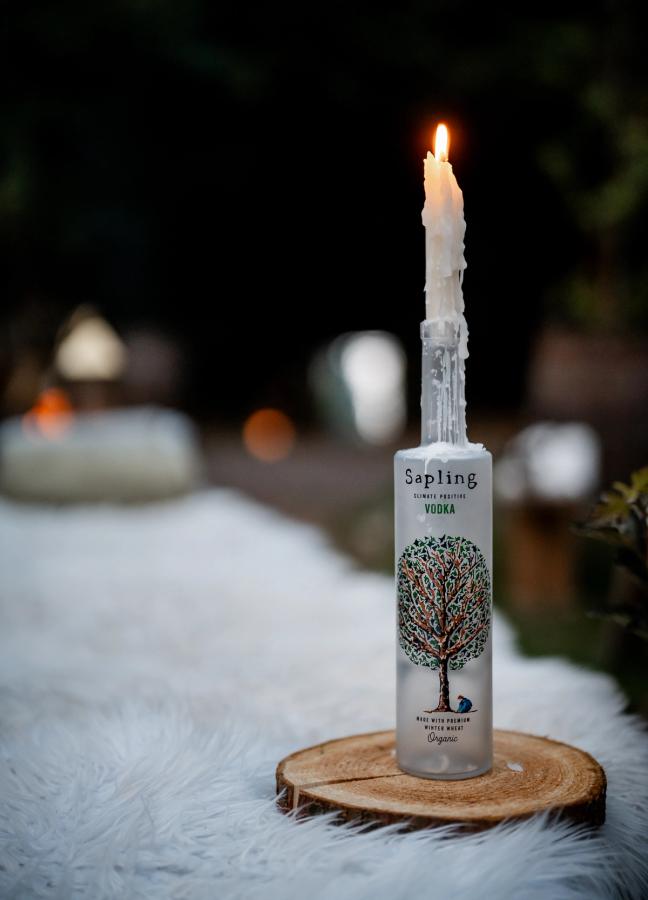
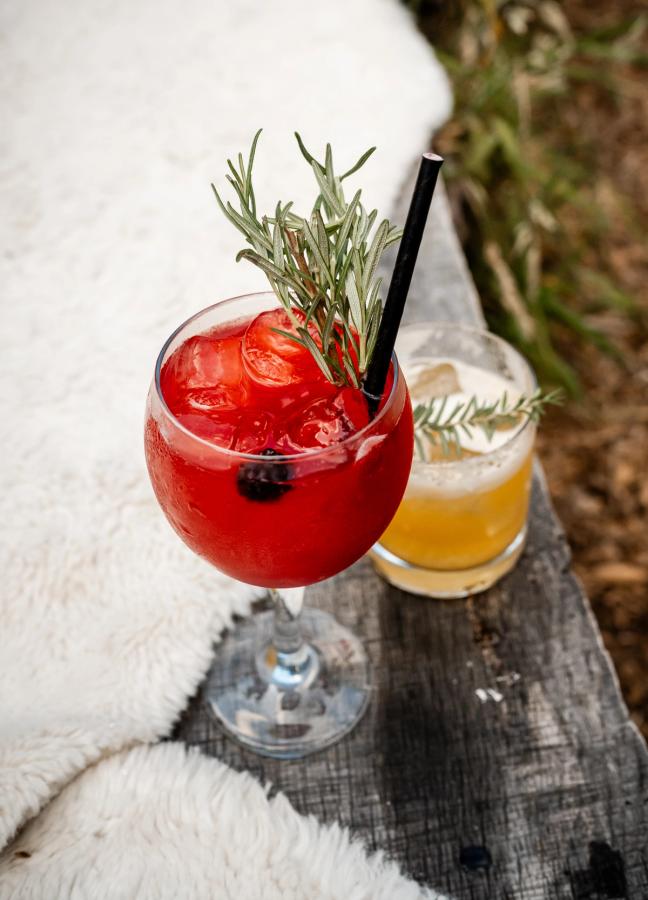
Sapling Julius spritz and apricot sour
“It just made sense,” he tells me, sipping a blood orange vodka cocktail by the firelight. “Sapling’s ethos is environment first, business second. It’s about doing the right thing and doing it properly.” And really, that’s what The Farm Table is all about. Whether he’s bottle-feeding lambs in a storm, collecting honey from a hive, or slow cooking over the coals, there’s a quiet integrity to everything Julius does.
A life by the sea
As the evening draws to an end, I tell him about my own fantasy life. Of quitting the grind and buying a fisherman’s cottage. Living by the coast, catching fish, hand diving scallops and cooking on the beach. It’s a version of his, just with water and sand instead of soil. “There’s something about living off what’s around you—it’s primal,” he says.
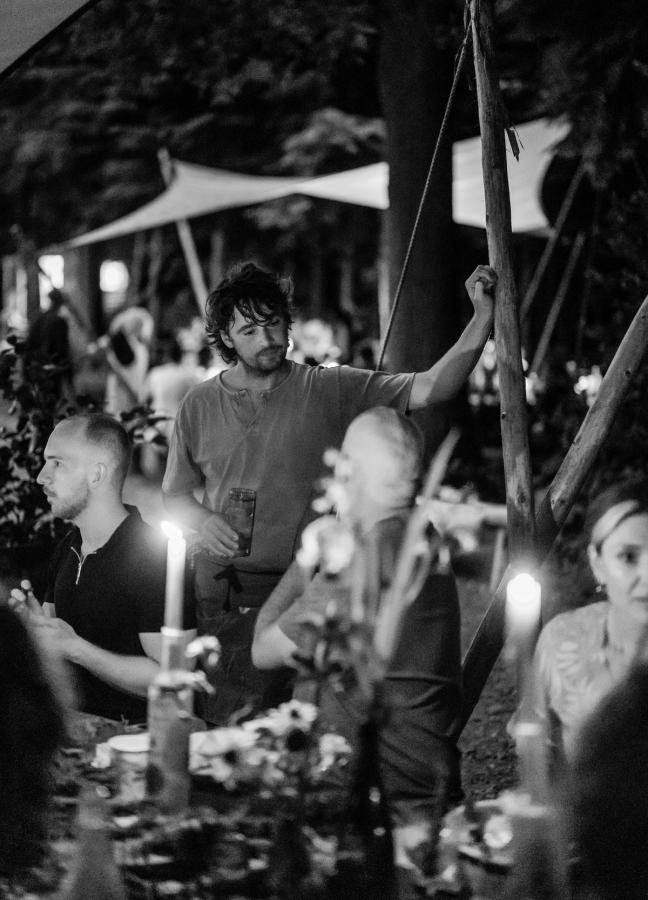
Julius mingling with his guests
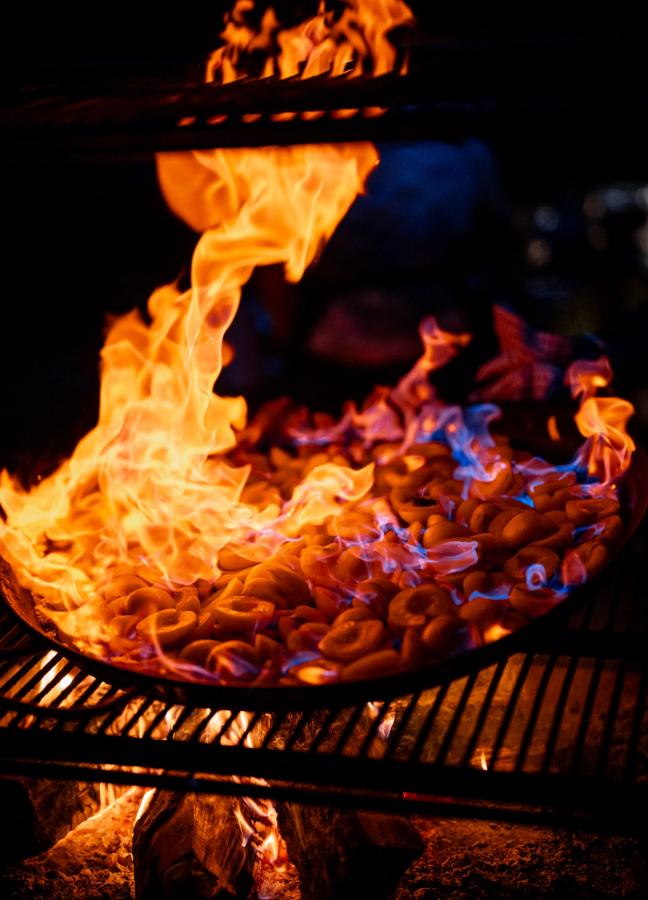
Fire roasted apricots
I leave the woodland not exactly ready to trade my flat for a boat, but I do feel inspired. It’s a reminder that modern life doesn’t have to be so disconnected after all. Small changes matter—just by knowing and respecting what we eat, where it comes from, and being connected to the environment that feeds us, we can all make a difference in our lives.
This event was organised by Good Company on behalf of Sapling Spirits at Nomadic Dinners. For more information about Julius Roberts visit his website or Instagram page.
